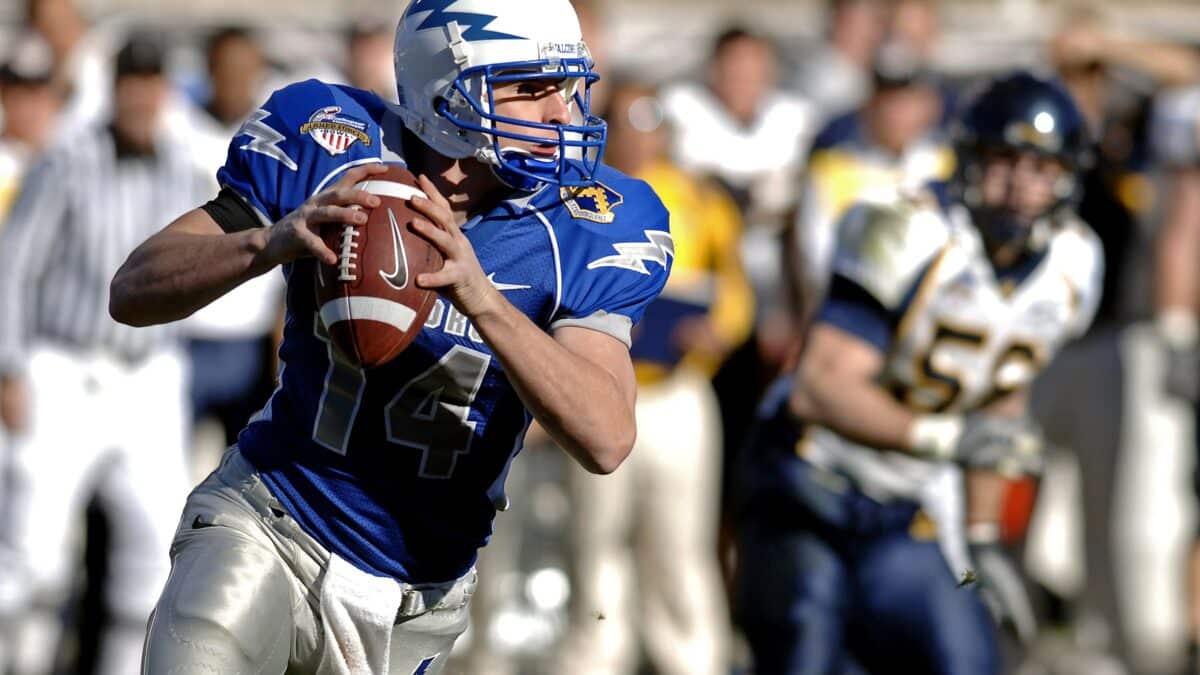If you aren’t familiar with sport psychology, you may think athleticism is purely physical. However, this could not be farther from the truth. Athletic performance is largely based on the mind-body connection. As a sports performance coach, George Carlo is known for his work in this area.
Sports psychology refers to the study of how mental factors contribute to the performance of an athlete. Exercize has the ability to improve one’s mental well-being – on the flip side, mental health plays a large role in improving performance. Within sports psychology, there are several areas of study:
- Personality – how a person’s personality type impacts their performance, including whether or not they have ‘mental toughness’
- Athletic performance at all levels
- Youth sport – the advantages and disadvantages of children being involved in organized sports groups
- Coaching, and how the relationship between coaches and athletes can impact performance
- Team processes – how athletes interact in a group setting
- Organizational sport psychology – how the environment of an organization can be improved so that athletes can thrive
- Motivation to do sport
- Injury recovery – injuries can have a negative psychological impact on athletes, especially professional athletes
- Burnout – athletes can become overwhelmed with the large workload that comes with competing professionally
- Identity – a large part of an athlete’s personal identity can be tied to the sport they play, and this can have a negative impact on their mental health when they can no longer play their sport
- Self-esteem and how that is tied to athletic performance

